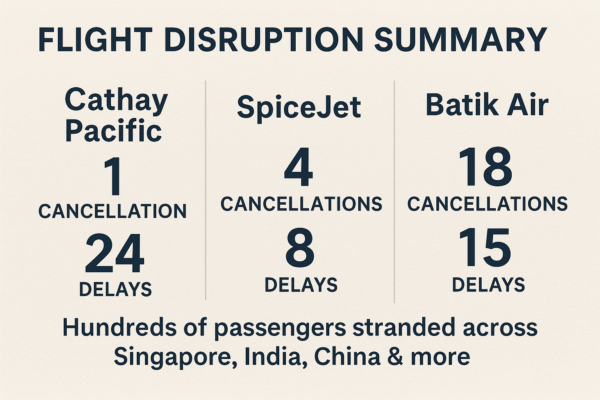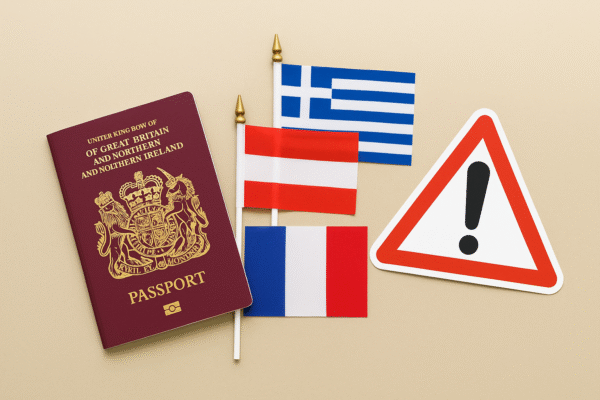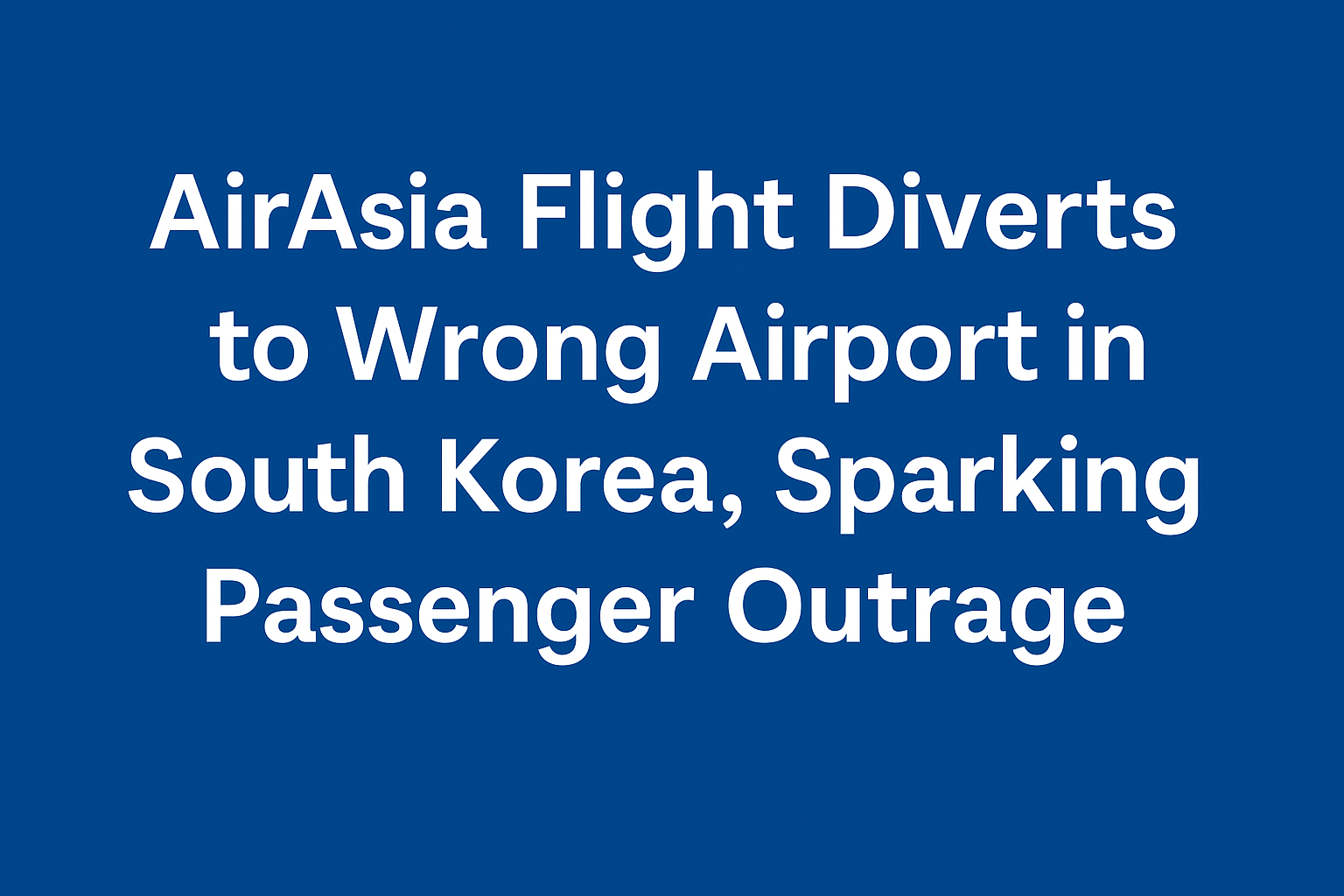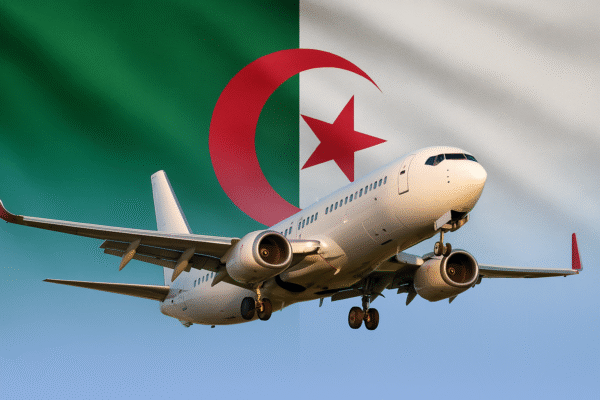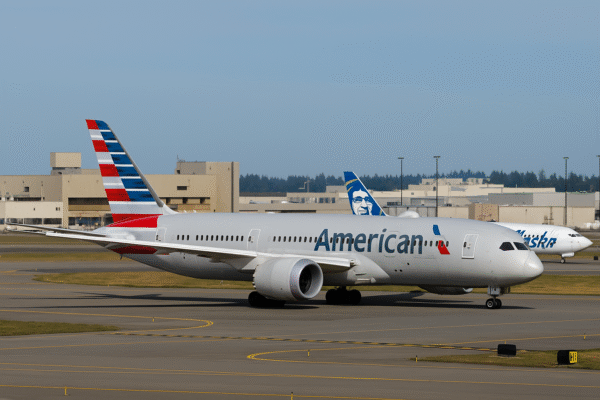A recent AirAsia X flight from South Korea has ignited widespread outrage and confusion after the plane was mistakenly diverted to the wrong airport. The incident, which took place on August 14, 2025, has raised pressing concerns about airline communication protocols, passenger safety, and the overall handling of unexpected diversions.
Flight D7 506, which was scheduled to arrive at Incheon International Airport (ICN) — South Korea’s main international hub near Seoul — instead touched down at Gimpo International Airport (GMP), located just 20 kilometers away. Although geographically close, the mix-up created significant chaos for passengers, many of whom were unaware of the diversion until after landing.
The Timeline of Confusion
The flight initially encountered delays due to bad weather and air traffic congestion over Korean airspace. After circling for some time, the aircraft was cleared to land. However, in a sudden shift, it was redirected to Gimpo International Airport, arriving at 8:08 p.m. local time.
Passengers reported that upon landing, the captain announced they had reached Incheon, sparking further disarray. Travelers began preparing to disembark, only to realize—through mobile phones, signage, and external observation—that they were at the wrong airport.
For nearly two hours on the ground at Gimpo, confusion reigned. Reports indicate that there were no clear announcements in Korean explaining the diversion, leaving many passengers frustrated and anxious. Some took to social media platforms such as X (formerly Twitter) and Instagram, criticizing AirAsia’s failure to provide timely information or even a proper apology.
Passenger Reactions and Growing Frustration
The mishandling of communication was the primary source of passenger anger. Families, business travelers, and tourists alike expressed dissatisfaction over being “kept in the dark.” Several passengers posted that no consistent information was relayed during the delay, and others emphasized that AirAsia’s lack of bilingual announcements worsened the chaos.
One passenger described the experience as “a two-hour nightmare on the tarmac with no answers,” while another said it highlighted “AirAsia’s lack of preparedness for crisis management.”
The flight eventually departed Gimpo at 10:03 p.m. and landed at Incheon at 10:54 p.m., marking the end of a turbulent journey. Yet, for many passengers, the issue was not just the delay but the erosion of trust in AirAsia’s ability to manage unexpected events.
AirAsia’s Official Response
Following public outcry, AirAsia X issued an official statement, attributing the diversion to air traffic congestion caused by weather at Incheon. The airline emphasized that the captain had followed standard safety procedures and initially communicated the diversion in English.
However, the airline admitted that a “miscommunication” occurred in the cabin announcement, which wrongly identified Gimpo as Incheon. AirAsia acknowledged the confusion and announced it would conduct an internal review of communication protocols to prevent a recurrence.
As a goodwill gesture, the airline offered travel vouchers to all affected passengers. Yet, for many, the apology felt insufficient given the stress and disruption caused by the incident.
Tourism Impact: Why Communication Matters in South Korea
This incident comes at a time when South Korea’s tourism industry is experiencing a strong rebound. According to the Korea Tourism Organization (KTO), international arrivals surpassed 17 million in 2024, with projections aiming for 20 million by the end of 2025. Seoul, Busan, and Jeju Island remain among the country’s top tourist draws, alongside cultural heritage sites like Gyeongbokgung Palace and UNESCO-listed Jeju Volcanic Island.
For tourists arriving in South Korea, seamless travel is essential in maintaining the nation’s reputation as a safe and welcoming destination. A flight diversion may be understandable due to weather, but poor crisis communication damages passenger trust and risks deterring repeat visitors.
South Korea’s aviation sector, led by the Ministry of Land, Infrastructure and Transport (MOLIT), has strict regulations on safety and passenger handling. Experts now suggest this incident may prompt new guidelines on multilingual communication standards for international carriers operating in Korean airspace.
Aviation Experts Weigh In
Aviation analysts note that diversions are not uncommon in global air travel. However, what sets this case apart is the breakdown in communication between the airline and its passengers.
“Airlines must ensure not only safe landings but also transparent, multilingual communication during unexpected events,” explained Dr. Han Soo-min, an aviation consultant in Seoul. “Passengers deserve to know exactly where they are and why their plans have changed. Anything less undermines trust.”
Rebuilding Passenger Confidence
For AirAsia, the road ahead involves more than issuing travel vouchers. To rebuild confidence among passengers, experts recommend:
- Mandatory bilingual announcements in English and Korean for flights to and from South Korea.
- Real-time SMS or app updates to passengers during diversions or delays.
- Enhanced training for cabin crews on communication protocols during disruptions.
- Collaboration with Korean aviation authorities to ensure compliance with passenger rights regulations.
Conclusion: A Lesson in Transparency
The AirAsia diversion in South Korea has become more than a one-off mistake — it is a wake-up call for airlines operating in international markets where clear communication is as vital as flight safety itself.
For South Korea, a country working tirelessly to strengthen its reputation as a global tourism hub, the incident highlights the importance of airline accountability in shaping visitor experience.
As millions of travelers continue to explore the vibrant streets of Seoul, the historic palaces of Gyeongju, and the serene coastlines of Busan and Jeju, ensuring reliable and transparent travel experiences remains crucial.
AirAsia’s mishap underscores one truth: in tourism and aviation alike, clear communication is the runway to trust.
For more travel news like this, keep reading Global Travel Wire




